
Sin Chew’s Exclusive Interview With Tengku Razaleigh Hamzah
By Tan Lay Peng and Liew Fan Chyi
____________________________________________________
Former Finance Minister, Tengku Razaleigh Hamzah, said there are
emotional and irrational Malay individuals, as there are non-Malay
individuals, who say things that can excite ethnic emotions. When some Malay individual blurts out a comment that the Chinese or the Indians should go back to their countries of origin, that Malay individual does not represent the Malay bangsa; he or she is even condemned by the generality of the Malays.
“In order to achieve national unity in a multi-racial country, the
community and political leaders should restrain from making emotional statements that may be perceived as ʻracistʼ.”
He feel disappointed that after 53 years of independence, there are
still people who trying to play up the racist issue. He says, in a multiracial country, racial identity cannot be the determining
factor in the formation of a national identity or nation. National interests should take precedence over ethnic identities or interests.
“This is what we have attempted to do after Independence. If this
national process fails, in the sense that ethnic interests are allowed to
to take over, then the nation or the country will break up, as we have seen nearly happening in a country like Sri Lanka .”
“I am talking about the rights of the rakyat to be treated by the
government with justice and fairness, irrespective of race, in all fields
economic, social, political and legal. I am not talking about natural rights or of some particular or special “ethnic rights” but of political,
constitutional, social and economic rights beyond ethnic interests and
particularities.”
“Every government policy, every government action and decision that
affects the interests of all the rakyat must be based on these principles, not on ethnic considerations.” He says, equality is only a philosophical if not an ideological concept that has never been practiced by any nation anywhere since the beginning of
human history. The important thing is governance by justice, balance and fairness
“Eradicating poverty, for example, cannot be a pro-Malay policy; it has to be a policy for all the rakyat irrespective of ethnic differences. This is one of the main objectives of the NEP.
“If we had succeeded in the implementation of that policy with
honesty and dedication, without self interest, we would have solved
the problem of racial identity with economic function.
“Unfortunately, after 1980, there was a turning that was taken which
has nothing to do with the Second Malaysia Plan or the New
Economic Policy. It was misused for individual enrichment, and the
consequences are what you see today.”
“The problem we face in Malaysia today, as I have stated earlier, is
a very serious and deep problem within our society. The fault-lines
in the economy and race relations are very deep. They cannot be
solved by simple slogans. Indeed, a slogan such as “1Malaysia”
covers a multitude of faults in our society and misleads the people
into believing that it is a matter of simply repeating a slogan.”
“Many people do not know what 1Malaysia is, or they have all kinds of ideas about it. See the confusion that the “1Malaysia” hullabaloo has created. They think that 1Malaysia means 1Bangsa Malaysia – no more Malay race, no more Chinese race, no more Indian race, no more Sabah and Sarawak Bumiputera kaum. They think that everybody must be equal, no more the so-called “special privilege” for the Malays, demolish or revamp the Constitution, throw away the royal institutions, and some people demand that there should be only one school system in the country, the National School System, no more Chinese- and Tamil-stream schools.”
“I think that before this 1Malaysia thing came into our national life, we
were getting along well with each other. We did not quarrel over petty
matters. We tolerated each other. We knew and understood our
differences. No churches or “suraus” were burnt or vandalised. There
was no Perkasa – no need for one.”
What we should be concerned about is “1Malaysia” in terms of territorial unity or integrity, that is the territorial integrity between Peninsular Malaysia, Sabah and Sarawak.
After 53 years of independence, we have a very difficult political
situation. There is a lot of anger, disappointment, anxiety and
negative uncertainty in all groups and all levels of Malaysian
society.
“We have reached a crucial time in our history, that is the result of
failure of leadership in providing for economic policies and politics
of responsibility. Corruption and greed have taken over the politics
of the day.”
Unfortunately, there has been an institutionalization of greed over
three decades, and this is reflected in the corruption that exists in
all political parties and many of our institutions. Those responsible
for this are what I would term as a political and business class that
emerged during the three decades, whose interests are to enrich
themselves and accumulate wealth. There is no exposure or public
criticism strong enough to expose these groups because they also
control the media. It is therefore easy for these groups to divert the
attention of the people from the real problems that the people face
and give it a racial twist.
The reality of the present state of our economy, which is the heart
of our problem, is very different. It affects all groups, regardless of
race. But the hope lies in the young who have seen the abuse, who have seen the emptiness of racial politics, and who have emerged as a political force today. They feel there is urgency for change.
They want politics that are serious, that address the real problems
Malaysians face as a whole. A lot of our young Malaysian have no confidence of our country, not only Chinese, but Malays as well. They go abroad, study and stay overseas and not come back to Malaysia.
I have friends who ask their children to go overseas and don’t come
back to Malaysia. Most of them migrate to Australia. We must
make a change.
Racial Policy
I donʼt see we have any ‘racism policy’ that is deliberately created by
parliament or the government of Malaysia to separate the people into
First Class Citizens and Second or Third Class Citizens, like the old
apartheid policy of South Africa.
There is no special economic policy for any other racial group.
The basis of the New Economic Policy is not racially based.
The purpose of the New Economic Policy was to create a Malaysian
nation. “Without a political economy which is balanced and just, particularly addressing the consequences of a colonial economy which excluded the Malays from the main stream of the economy, it would not be possible. It is not a racial policy but an inclusive policy of all communities. All businessmen face the same problem.”
Everyone agrees that 60% of the poor in the country are the Malays, and if one considers the fact that the Malays make up the majority of the population, the figures in real terms must be huge.
7
★ Three worries about the country
I have three main worries about the economy, the politics and about
national unity in this country. First, I worry that the economy of the country might be a source of ethnic disunity and social unrest if the wealth of the country is not fairly and equitably shared among the various races or ethnic groups and among social groups, or the gaps between the majority poor and lower income groups and the rich minority or the upper middle class keep widening.
Secondly, I worry that party politics interfere with government functions. I believe that when a party politician becomes a minister he is no more a political activist working on behalf of his party using government or public or taxpayers facilities; he is a public servant working for the Nation and serving the “rakyat” (All Malaysians) and not working for his party. Of course government policy is usually based on the policy or election manifesto of the ruling party (or parties) but this does not mean that he is to serve only those who voted for the party and deny the use of government facilities or to spend public money on those who voted for the opposition parties.
My worry on national unity is that we are not building it up and giving it substance through the right forms of national policies; instead we chant empty and often emotional slogans calling people to unite and in the process creating more confusion and misunderstanding among the people.
There must be a clear national policy on national unity, endorsed
by the Parliament as our highest law-making institution. All overnment
policies on economic, social, educational and cultural developments
must be geared to this overall national objective: national unity (which is not the same as ethnic unity or unity among the races).
★General Election
The main reason why the BN nearly lost in the last elections was that
they had been deceiving themselves into believing that no alternative
government could replace them. They failed to differentiate between political power from moral legitimacy, and so they continued to rule by defaults and commit various serious moral miscreants through corruption, power propping and denial mentality. The independence of the judiciary was blatantly tempered by the executive or political power. Reform must begin from the leaders who are to lead their communities; their morals must change, their principles must change; they must not just declare total war against corruption; they must be seen to act on their words.Have not UMNO, MCA and MIC been communal-based parties, all ʻchampioning the rights and interests of the respective communities?
Yet, in the last elections they were rejected by their traditional supporters. Why? Is it because they were not more Malay, more
Chinese or more Indian? I think they were rejected (though not totally,
not yet!) not so much because the parties were not “communal” enough as because the morals and principles of the leadership and the senior officials of the parties were distrusted by the respective communities. They were perceived to be more interested in their own personal interests and those of their cronies, friends and relatives than those of the communities at large.
All cabinet members are appointed by Najib. If any one of them does not support Najib, they should be dropped by Najib.
★Perkasa
I should think that PERKASA’s enemies are not the non-Malays but
UMNO leadership and the corrupt Malays whose main interest is to
accumulate wealth – not Malay interests or the interest of the Nation!
The problem that UMNO is facing today is the lack of confidence of
UMNO members. They feel no hope and no future of UMNO. They
believe UMNO will lose in next general election. That is why UMNO
must reform. Otherwise they might lose two or three more states and
Parliament might even be hung.
He said, if 80% of Perkasa members come from UMNO, the question of UMNO distancing itself from Perkasa does not arise and should not weaken UMNO.
★BN and UMNO
I support the idea of direct membership in BN. This will reduce
communalism in BN and encourage more ethnic-free input into the party. I think Mahathir himself did a lot of moral and democratic damage to UMNO either by default, or by non-action or by self-interest designs. The undemocratic quota system in UMNO was introduced by Mahathir when he realized (after I nearly defeated him as President of UMNO) that without the quota system he could lose his presidency.
“Mahathir did say that UMNO is beyond repair. Well, why didn’t he
“repair” UMNO before it got worse when he had the power to do it?”
The question of whether I will compete for the post of party president
again in the next party election? I will see if the UMNO members want a change in leadership I might consider.
Abolishing the quota system is not the be all of revamping. It does not
restore real democracy in UMNO. As I said, the removal of the quota system does not mean that democracy is completely restored in UMNO. The practice of vote-buying or “politik wang” or “rasuah politik” could remain as a side track alternative to the quota system.
The transfer of leadership should not be a dynastic system, from one
father PM to son PM or relative. Maybe the UMNO presidency should be limited to 3 terms only. The MCA has done it. This is to avoid the
emergence of dictatorship in UMNO or spent-leadership who digs in to preserve his power in the party and reject unfriendly changes or
reform.
★Najibʼs Leadership
I believe that Najib inherited a lot of the mistakes, defaults, and misdeeds of previous BN/UMNO governments of Mahathir and Abdullah. I wonder if he is brave enough to undo those past errors and conduct real, fundamental, and principled reforms.
Or, I fear he might even perpetuate the same mistakes to be on the safe side knowing what Mahathir can do if he is attacked.
Najib has been talking much about transformation and innovation.
What is it, I am not sure yet until perhaps I have a chance to listen to him personally. What you read in the press may not be the real thing but merely glosses. All I can say at this moment is that transformation is not the same as making changes – changes can either be for the better or for worse.
Najib, I should say that he seems to be sincere in trying to reform but in this he should not be too dependent on unreliable advisors or on those theoretical think-tank experts, including foreign-recruited experts who claim to know everything about market economy, about the country, the culture of the people and the minds of the Malays and the non-Malays, ignoring the silent voices and the real, basic problems of the rakyat (not on what the experts imagine them to be), brushing aside the voice of the party grassroots members, and working in terms of what the various vested interest groups and individuals want him to do. In the end, he should realize that it’s not what the academic experts say that determine the fate of this country and the fate of his party and government but what the voters really want.
Do the experts and the think-tank people know how to reform the morals of the leadership? They may have the answers, but most probably dare not tell the leadership in his face.
★ Economy
We don’t have, in the process of attracting FDIs, bend our national
policies and the law of the country merely to attract the FDIs. All we need to do is to transform the country back to the FDI-friendly conditions of the past. Bear in mind that during the NEP period, our economy expanded tremendously, despite all the adverse criticisms against the policy. Today we need to wipe out corruption in officialdom. We need honest, capable and efficient ministers and officials to manage not only the FDIs but also domestic investment.
We should not go overboard in completely ʻderegularisingʼ the domestic market just to meet the IMF and WTO-based market rules and any kinds of terms dictated by the foreign investors.
In other words, in our attempts to encourage FDIs, we are not going to sell the country to foreign capitalists.
Government plans to increase the per capital income through Economy Transform Plan, but Tengku says, he didnʼt believe that better growth statistics mean better life for all the “rakyat”. It is the equitable and fair distribution of the increased national income
that is important. Take the statistics on Per Capita Income (PCI). This is a classical economic or income measurement of a countryʼs
development. The idea is that, if the PCI of the country is high it means that the country is a developed nation. I don’t buy this classical idea!
Look at the USA that has one of the highest PCI’s in the world. Does this mean that everybody in the US has this level of income? There are more than 30,000,000 hardcore poor there, but more than 30,000 US citizens earn more than US$50 million a year.
Are we saying that when the PCI of Malaysia reaches, say US$10,000 a year, everybody, the taxi drivers, the policemen, the soldiers, the “kampung” people, etc enjoy this level of income. Let the economists believe it. I don’t.
10 years ago one could live comfortably with a salary of RM1,200.00 a month. But you double that amount today and you pay three times more for the same thing you bought 10 years ago.
★ New Economy Policy (NEP)
NEP which I think is (was) a good national economic policy to achieve a balanced and fair economic sharing across ethnic boundaries, but it failed to achieve its objectives, including the eradication of poverty irrespective of ethnic differences.
The major victims are the poor Malays and the beneficiaries were
cronies and business lobbyists, those who exploited the policy, many of whom, including many non-Malay “taukes”, became richer, millionaires and billionaires out of the economic growth and larger economic cake generated by the policy.








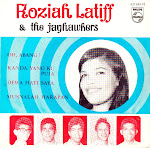













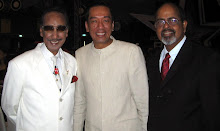

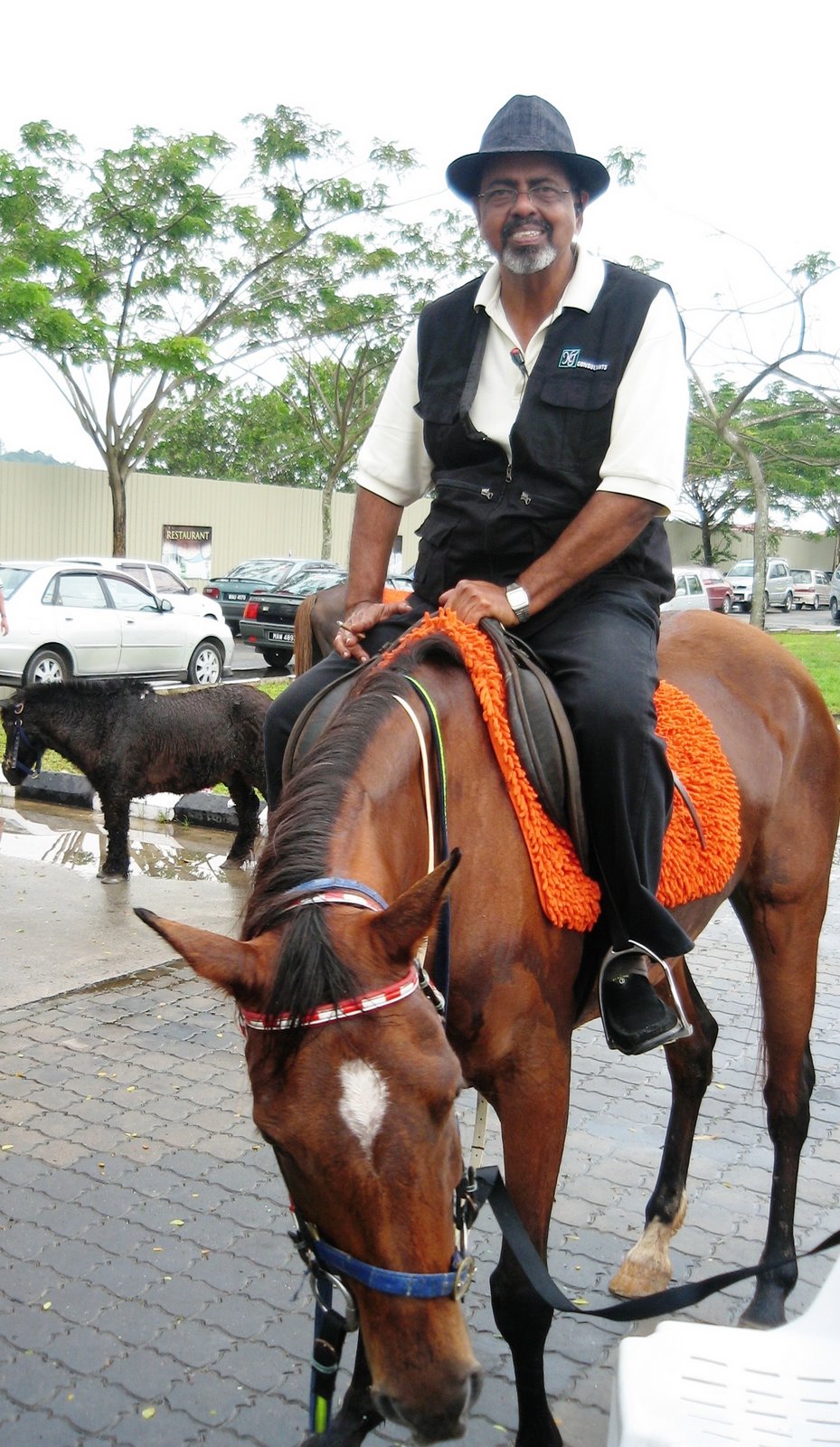







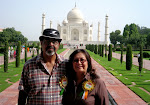





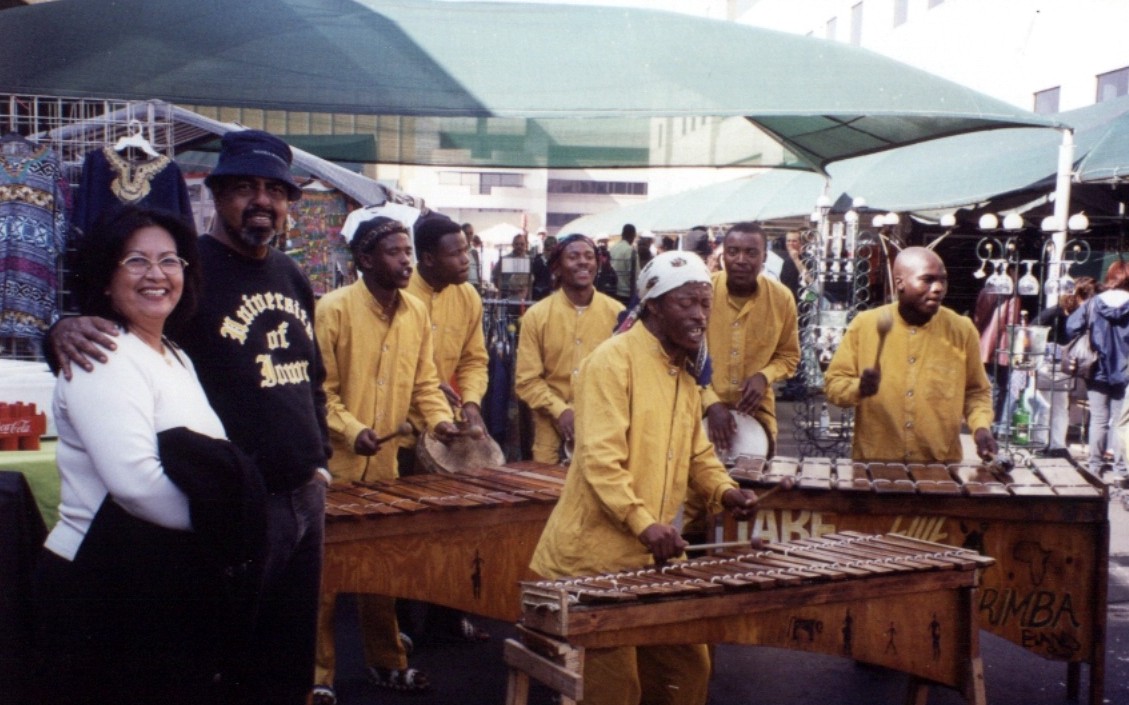

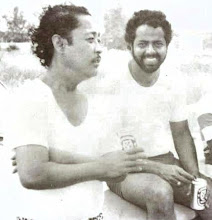
No comments:
Post a Comment